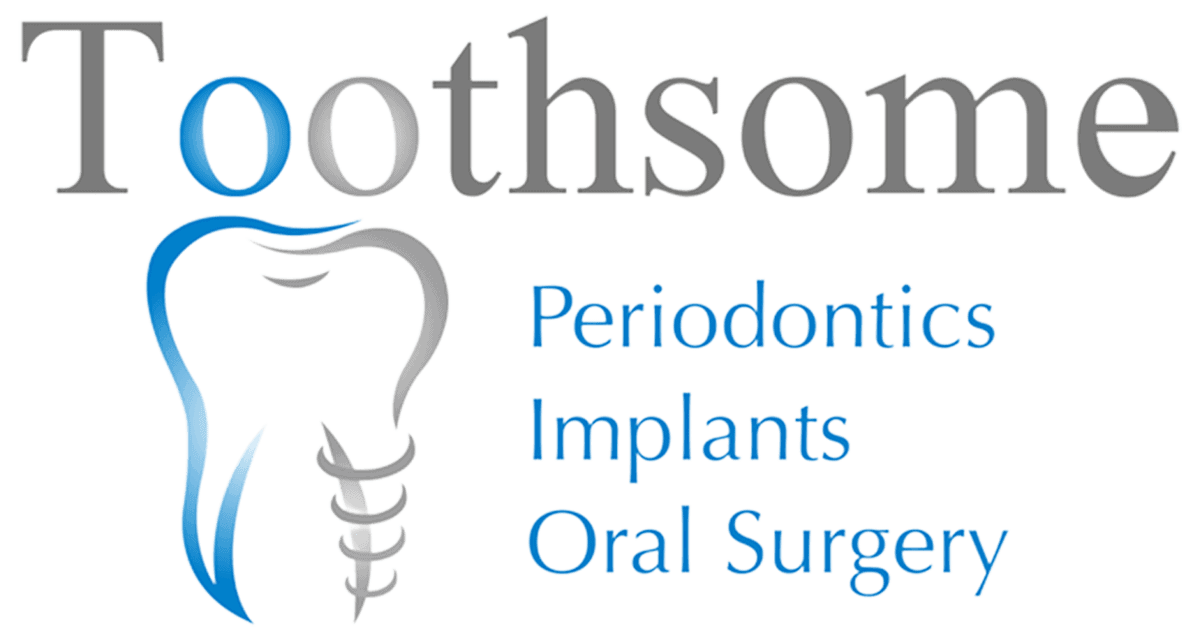Periodontal disease is a chronic condition that affects the tissues surrounding teeth. Early signs include bleeding gums and tartar buildup.
Learning about diagnosis and treatment options can provide further insights into managing this silent threat to oral health and overall well-being.
What Is Periodontal Disease?
Periodontal disease, also known as gum disease, is a chronic inflammatory condition that affects the tissues surrounding the teeth. Recognising gum disease’s early signs and symptoms is essential to preventing further complications.
One common indicator is bleeding gums, especially during brushing or flossing. Gum inflammation, accompanied by tenderness or redness, can also signal the onset of gum disease.
Additionally, the presence of tartar, a hardened form of plaque, along the gumline can contribute to the progression of the disease. Regular dental check-ups with Periodontists in Chatswood are crucial in detecting gum disease in its early stages.
Good oral hygiene practices, such as brushing twice a day, flossing, and using mouthwash, are also vital for preventing periodontal disease.
Prevention is key in combating gum disease as if left untreated, it can lead to serious oral health issues. Individuals can protect their dental health and overall well-being by understanding the signs and symptoms of gum disease and following proper oral hygiene routines.
Causes of Periodontal Disease
A key factor contributing to the development of gum disease is the accumulation of plaque along the gumline. Plaque is a sticky film of bacteria that forms on teeth. If not removed through regular and good cleaning, it can lead to various oral health issues, including periodontal disease.
- Poor Dental Hygiene: Inadequate brushing and flossing can allow plaque to build up, leading to gum inflammation and potential infections.
- Untreated Infections: Ignoring swollen or bleeding gums can result in a serious infection that progresses to periodontal disease if left untreated.
- Systemic Conditions: Conditions like diabetes can affect gum health, as high blood sugar levels can promote bacterial growth and lead to gum problems.
- Calculation of Risk: Individuals with a family history of gum disease or those who smoke are at a higher risk of developing periodontal disease, emphasising the importance of preventive care and regular dental check-ups.
Signs and Symptoms to Watch For
Observing changes in the appearance or sensation of your gums can provide crucial indicators of potential periodontal disease. Early signs of gum disease include red, swollen, or tender gums and gums that bleed easily, especially during brushing or flossing. Persistent bad breath or a bad taste in the mouth can also signal the presence of periodontal disease.
As the condition progresses, you may notice receding gums, changes in tooth alignment, and even pockets between your gums and teeth.
It’s important to be aware of these symptoms and seek prompt evaluation by a dental professional. Risk factors such as smoking, diabetes, poor oral hygiene, and genetic predisposition can increase the likelihood of developing gum disease. Regular dental check-ups, proper dental hygiene practices, and a healthy lifestyle can help prevent periodontal disease or detect it in its early stages when treatment is more straightforward.
Ignoring these warning signs can lead to the advanced stages of periodontal disease, requiring more intensive treatment to manage effectively.
Complications of Untreated Periodontal Disease
Untreated, periodontal disease can lead to serious complications that not only affect oral health but can also have systemic implications if left unchecked. Advanced and severe stages of periodontal disease pose a significant risk of complications that extend beyond the mouth. The following list outlines the potential consequences of untreated, periodontal disease:
- Damage to Supporting Structures: Periodontal disease can cause irreversible damage to the gums, bones, and ligaments that support the teeth, leading to tooth loss in severe cases.
- Increased Risk of Systemic Diseases: Research suggests a link between untreated periodontal disease and conditions such as heart disease, diabetes, and respiratory infections due to the inflammation and bacteria entering the bloodstream.
- Weakened Immune Response: Chronic periodontal infection can weaken the immune system, making it harder for the body to fight other infections and illnesses.
- Compromised Overall Health: The systemic effects of untreated periodontal disease can impact overall health and well-being, emphasising the importance of early detection and treatment.
Diagnosis and Treatment Options
Efficient diagnosis and appropriate treatment options are crucial in effectively managing periodontal disease to prevent further complications. Diagnosis of periodontal disease involves a professional evaluation that includes assessing the depth of pockets around the teeth, taking X-rays to determine bone loss, and checking for signs of inflammation and bleeding.
Once diagnosed, treatment options may include non-surgical procedures like scaling and root planing to remove plaque and tartar from the tooth surfaces. In more severe cases, surgical interventions such as flap surgery or bone and tissue grafts may be necessary to restore oral health.
Individuals must maintain good oral hygiene practices, including regular brushing, flossing, and professional cleanings, to prevent the progression of periodontal disease. Educating patients on proper oral hygiene techniques and the importance of regular dental visits is key to the successful management of this condition.
Prevention Tips for Healthy Gums
To maintain healthy gums and prevent the onset of periodontal disease, individuals must prioritise consistent and thorough oral care practices. Proper oral hygiene is essential in preventing the build-up of plaque and harmful bacteria that can lead to gum disease. Here are some essential prevention tips for healthy gums:
- Brushing: Brushing your teeth at least twice daily using fluoride toothpaste to remove plaque and food particles.
- Flossing: Floss daily to clean between teeth and along the gumline where your toothbrush may not reach.
- Regular Dental Visits: Visit your dentist regularly for check-ups and professional cleanings to detect and address gum issues early on.
- Healthy Lifestyle: To support overall oral health, maintain a balanced diet, avoid tobacco products, and limit sugary snacks.
Key Takeaways
Periodontal disease is a serious condition that can negatively affect oral health. Recognising the signs and symptoms early on is important to prevent complications.
Individuals can reduce their risk of developing this silent threat by practising good oral hygiene, having regular dental check-ups, and living a healthy lifestyle.
For expert dental care and support in Chatswood, NSW 2067, consider contacting Toothsome Implants for personalised and professional assistance. Your healthy smile is worth the investment!



